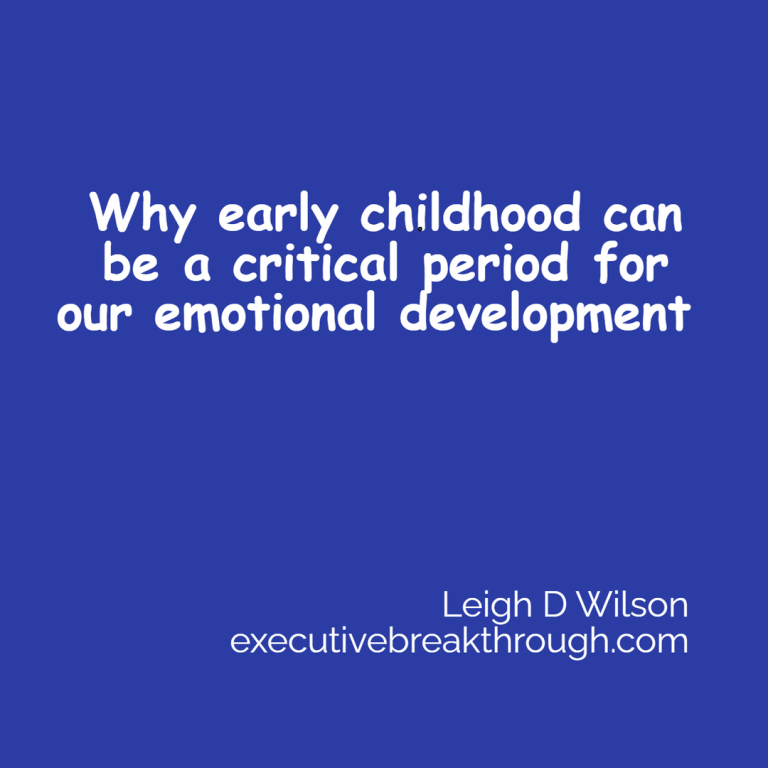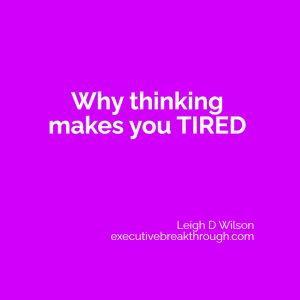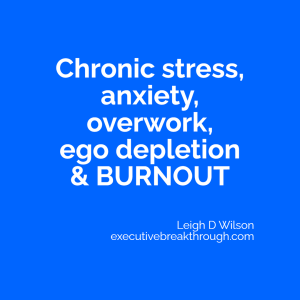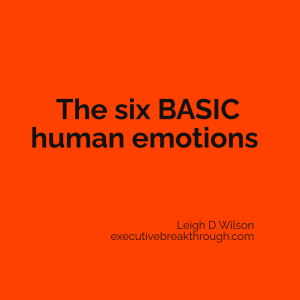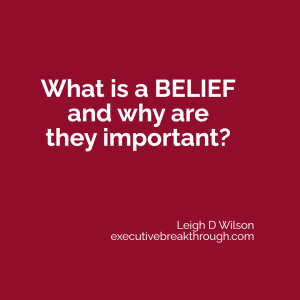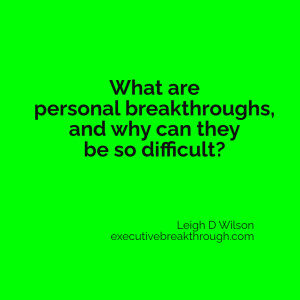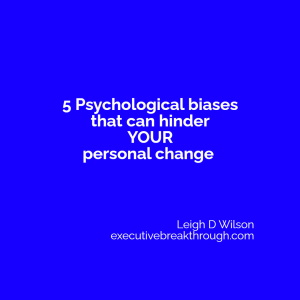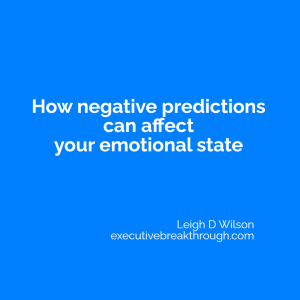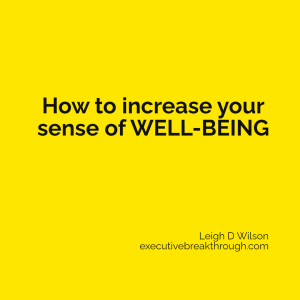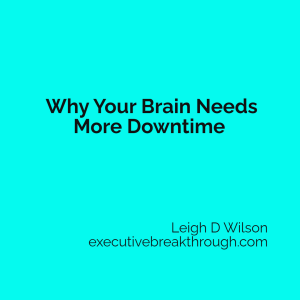Understanding why we often find ourselves trapped in challenging circumstances and relationships it is helpful to consider our early brain development.
In the first few years of life, we undergo what is referred to as the “sensitive phase” of brain growth, during what is called the ‘Imprint Period’, when everything we are told by our caregivers is assumed to be unquestionably true.
During this stage, our experiences – especially our interactions with our caregivers – exert the most powerful and enduring influence on the formation of our neural pathways.
As we interact with our surroundings, we create behavioural patterns based on specific scenarios, often referred to as “if-then” contingencies. These include our expectations of others and our emotional reactions during and after these interactions.
During this period, the area of our brain responsible for emotional reactions – which assesses levels of safety or danger and triggers the release of stress hormones – tends to develop faster than the area associated with cognition and memory formation, also known as our “thinking brain.”
As a result, our brains initially focus on recording our emotional responses to situations before capturing the reasoning behind these emotions.
This evolutionary adaptation is logical and essential. The ability to discern what should be approached or avoided is crucial for survival – contemplating when faced with a threat in the wild, for instance, could cost vital seconds; our initial reaction should be to assume the worst and flee.
As we progress through childhood, the sensitive phase begins to draw to a close, and our brain finalizes a functional understanding of our surroundings, solidifying these neural circuits, making it more challenging to modify them thereafter.
This highlights the pivotal role our early life experiences play in shaping our perception of ourselves and the world around us.
If we have the fortune of growing up in caring and affectionate environments, our sensitive periods are extended, fostering more adaptable and sophisticated thinking.
However, in the presence of harsh or excessively critical conditions, elevated stress levels can curtail the sensitive phase, leading to the rapid but incomplete development of the brain and other biological systems.
Such circumstances limit our capacity to think flexibly, particularly in stressful situations, and leave us prone to intense emotional reactions to our surroundings and trapped in cycles of negative thoughts.
We end up being trapped in repetitive behavioural and relational patterns, with a constrained perspective of ourselves and others.
It’s worth noting that adverse experiences during these sensitive periods can heighten the risk of developing mental health conditions, such as self-doubt, anxiety, depression etc.
If you recognise this as being a problem for you, we should chat as I specialise in helping people quickly let go of these types of limiting beliefs and emotions.
Adapted from an article by: Christopher W.T. Miller is a psychiatrist, psychoanalyst and the author of The Object Relations Lens: A Psychodynamic Framework for the Beginning Therapist.
#selfdoubt #imposter #anxiety #stress #worry #overwhelm #fear #procrastination #selfesteem #selfconfidence #emptiness #loneliness #failure #sadness #guilt #selftalk #burnout

